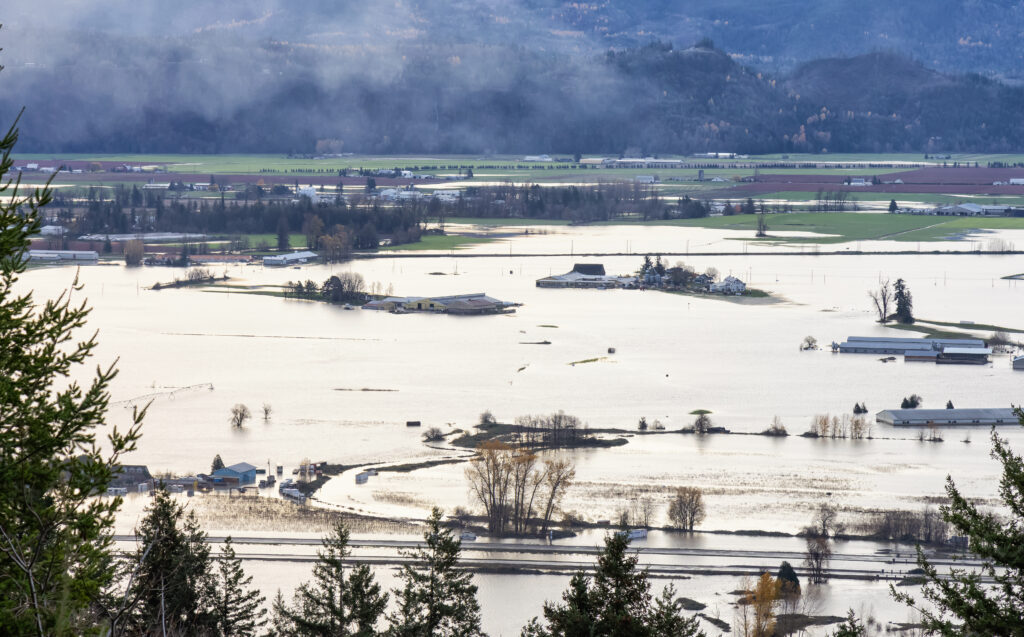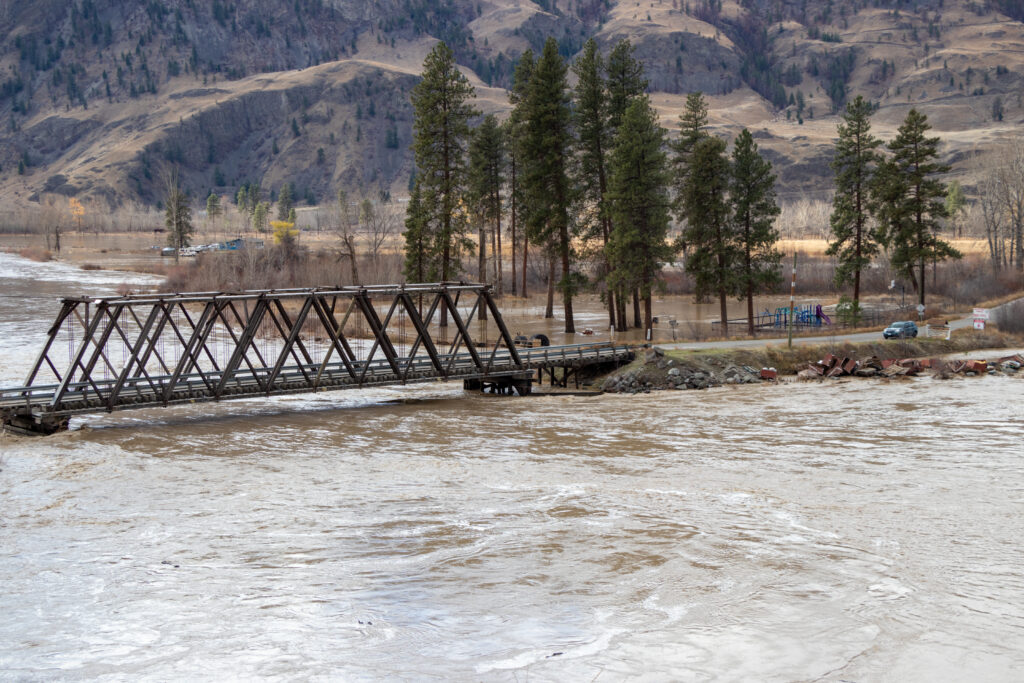“Food is a vehicle for addressing environmental and social justice issues,” Abra Brynne, a food systems advocate and a policy advisor at FarmFolk CityFolk, says, and “everyone has a role in food systems.”
Growing up on a small tree fruit farm in a family of 13 in the Okanagan Valley, Abra learned the value and importance of food at a young age.
“I think it gave me a real understanding of how important it is to have food access,” she says. “Food is a source of culture, language, joy, [and] nourishment.”
And food doesn’t just show up on store shelves, Dr. Kent Mullinix, director of Kwantlen Polytechnic University’s Institute for Sustainable Food Systems (ISFS), adds. It also doesn't just show up on our plates, or in community fridges, or in food banks. First, it’s cultivated with a lot of hard work by farmers.
But as temperatures rise (which can slow plant growth), precipitation intensifies (which can erode soil), and droughts become commonplace (which can reduce crop yields), the more difficult it will be to grow the food we eat.
In 2021, an atmospheric river wove through British Columbia — farms were flooded, livestock died, crops were destroyed, and farmers lost years of work. Much of the farmland in the Fraser Valley, one of BC’s major growing regions, was underwater for several days. The province called it our “biggest agricultural disaster,” noting that significant losses were incurred by dairy, meat, and fruit and vegetable producers.
The atmospheric river also left major highways and railways inaccessible, Abra adds, delaying truck drivers, isolating remote communities, and impacting food supply.


These climate hazards will continue to happen, Abra and Dr. Mullinix warn, and we need to be prepared. Already, many people in BC live in a food-insecure household Food-insecure householdsFamilies facing challenges accessing a sufficient and nutritious food supply, due to various factors including the notable rise in food prices. Since 2019, visits to food banks in BC have risen by 57%. However, a 2020 study found no evidence that food banks address food insecurity in Canada. Learn More or depend on food banks.
It’s why groups like ISFS and Farmers for Climate Solutions (founded in part by FarmFolk CityFolk), and farmers and agriculturalists like Abra and Dr. Mullinix, are advocating for change in the agricultural sector.
They want to enhance food security, encourage Community Supported Agriculture (CSA), improve the livelihoods of migrant farm workers, reduce greenhouse gas emissions (which Canada has committed to), and localize (or “regionalize”) food systems.
Recently, the province allocated $200 million towards fighting food insecurity, supporting farmers with flood mitigation programs, building agricultural resilience, strengthening BC’s food supply chain, and expanding local food production.
The more food we can grow locally, the more we’ll be able to “look to our own supply” during a climate hazard, Abra says. "There's a real opportunity for a myriad of positive changes when we reestablish the relationship between place and food," she adds.
We can reduce our dependence on fossil fuels from transportation and we can create "proximity between the eater and the source of the food — when people get to know farmers, they understand how difficult it is to grow crops."
CSAs build that proximity, she explains. They connect us to farmers and food producers, and they also help us eat locally and seasonally, purchase fresh, affordable produce, and avoid waste.
In BC, one out of every four bags of groceries is wasted, and when food is wasted, the resources that went into producing it — water, land, and labour — are wasted as well, Abra and Dr. Mulinix point out.
But all this can change.
We can change how we do agriculture and we can change how we feed ourselves, Dr. Mullinix says. In fact, we need to, he clarifies, because “food is our most fundamental relationship with creation and with the natural world.”
Curious for more science behind climate change and social justice?
Explore solutions for regenerating our planet at Change Reaction.
